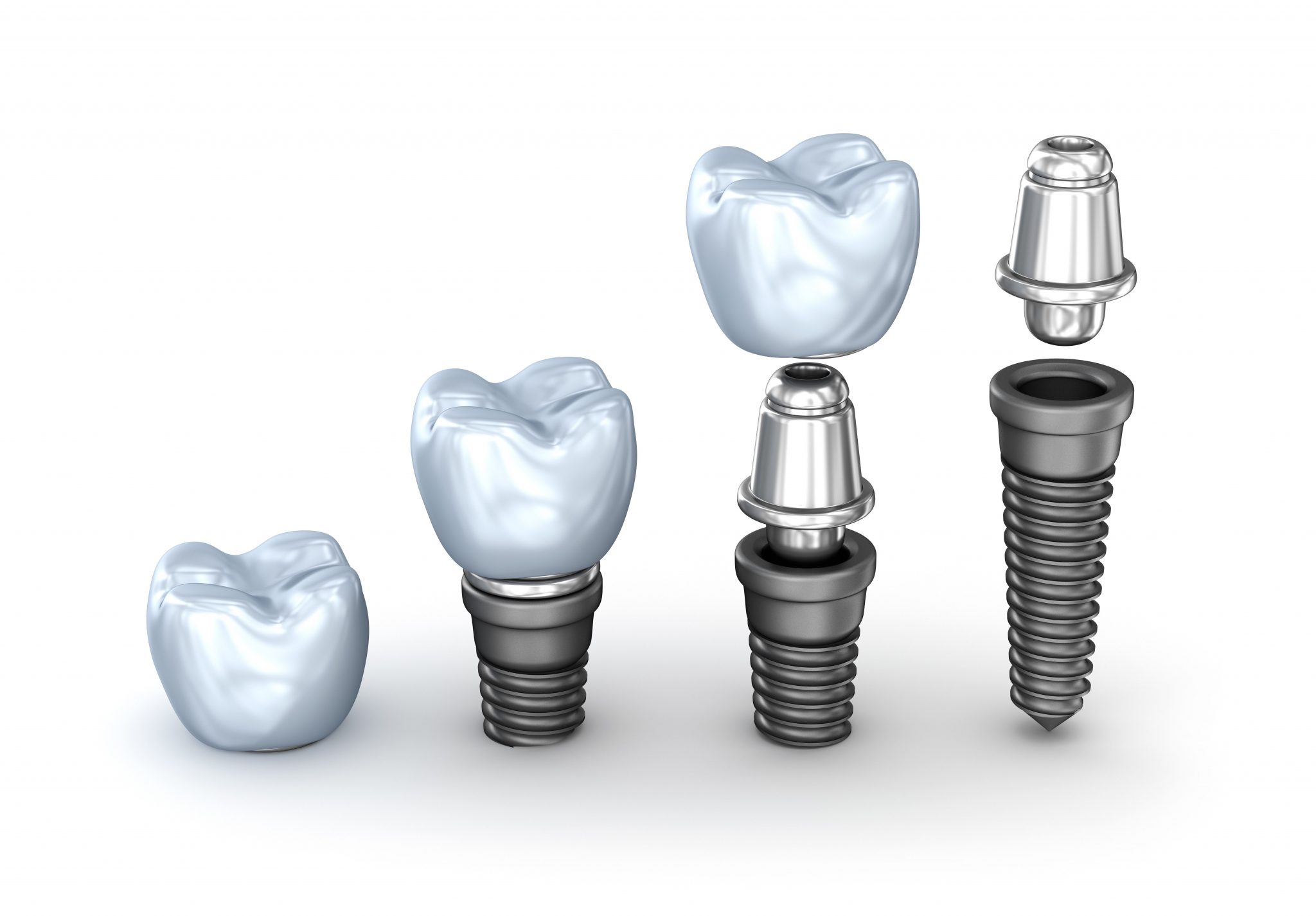If you think you may have a dental emergency it is important to know what to do to ensure your issue is addressed as soon as possible. Our office provides same day or next day appointments to accommodate our patients that need immediate treatment.
One of the most common dental emergencies that patients experience is tooth pain. There are tips you can try at home if the tooth pain does not go away while you wait for an appointment in our office. Pain is a way of our body sending a message that something is wrong. Typically, if patients experience pain this means there is a problem that must be addressed.
There are many causes for tooth pain such as tooth decay, issues with a filling, tooth fracture, or infection. If you have any of the below signs you may have an infection, and you must be seen right away.
• Fever
• Swollen or red gums
• Blood or pus around tooth
• Throbbing pain that does not go away
• Swollen or tender face or jaw
What Can I Do at Home to Relieve Tooth Pain?
There are remedies patients can use at home to help treat tooth pain while they wait to be seen in our office. These remedies can help reduce pain and keep you comfortable.
• Take an anti-inflammatory such as ibuprofen.
• Use a pain relief gel on the area.
• Apply a cold compress covered with a cloth to the area to help reduce inflammation for 20 minutes each time.
• If you have a hot compress this can also be used on the area to help relieve pain.
• Peppermint tea bags can be used on the area and are known to help ease oral pain.
• Clove oil can be used on the area and is known to help reduce inflammation or numb oral pain.
Looking to Make an Appointment to Address Tooth Pain?
If you have tooth pain that does not go away we recommend making an appointment to be seen in our office. Our staff will provide a thorough exam to help identify the cause and address your tooth pain. X-rays may be taken to get a closer look at the issue. We will recommend treatment options, and always address serious issues immediately.
Patients can prevent tooth pain by practicing good oral hygiene habits at home. Brushing and flossing each day is important as well as eating a healthy diet, and avoiding high sugar foods or drinks. We also recommend to avoid hard food items that may cause a crack or injury to your teeth. Regular dental cleanings and exams in our office can help keep your mouth and teeth feeling great.
If you have tooth pain and would like to make an appointment, please call our office and our staff will make sure you are seen as soon as possible!




